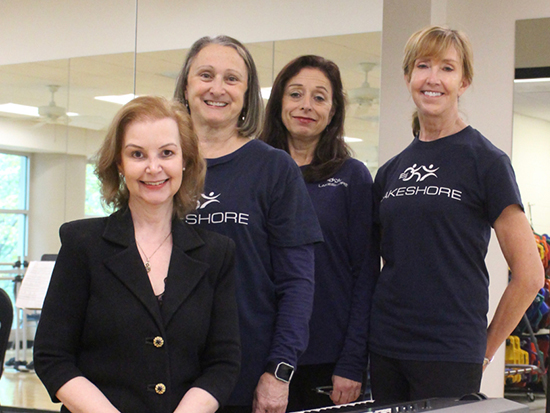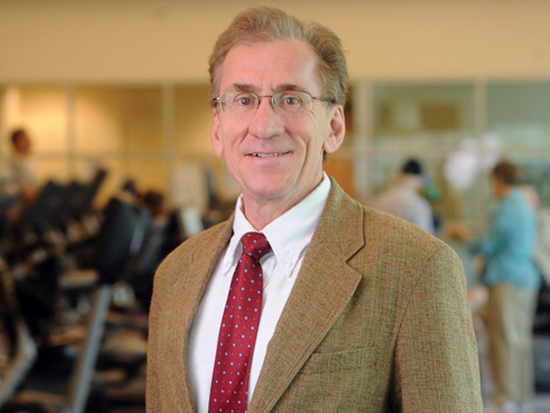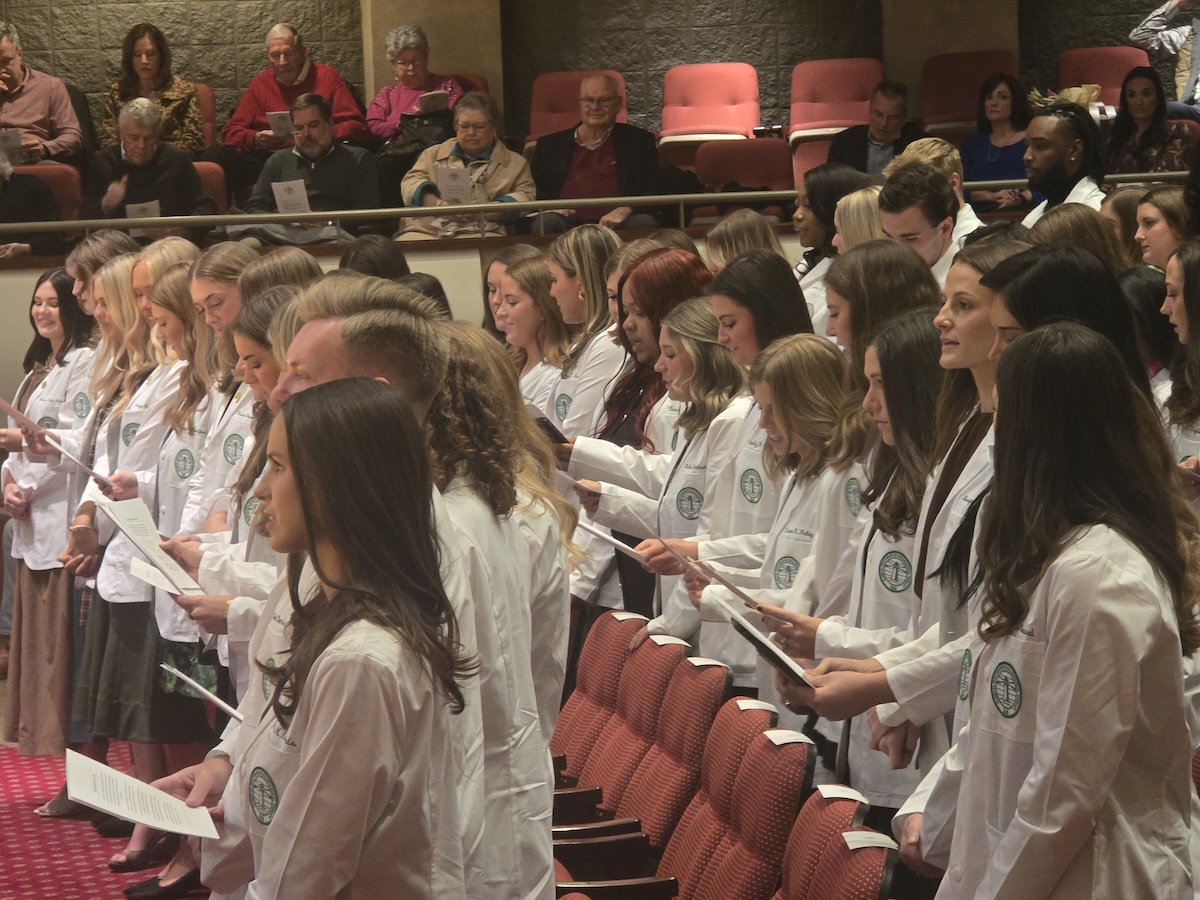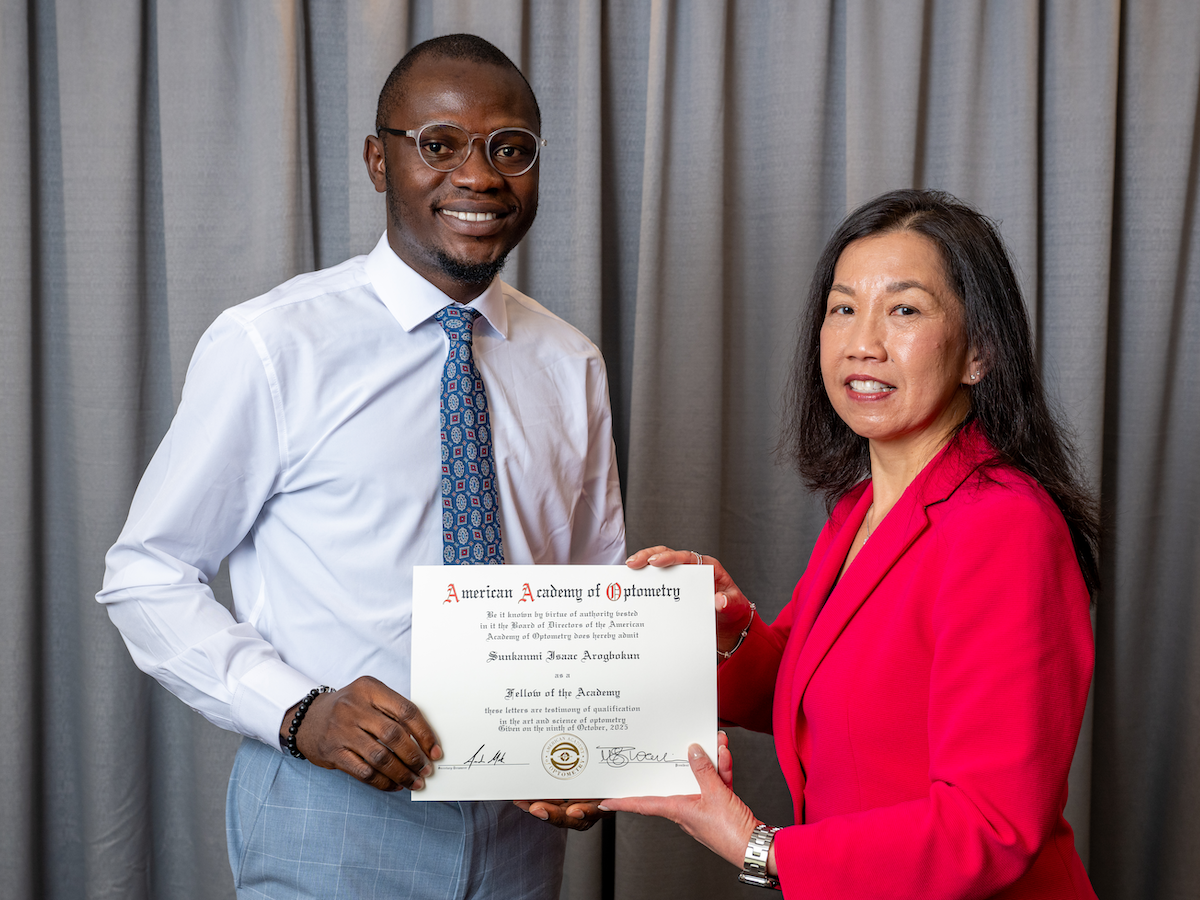 The grant will provide on-site delivery of the M2M exercise program to adults with mobility disabilities. (Photo courtesy of Mary Allison Cook/Lakeshore Foundation)Researchers at the University of Alabama at Birmingham have been awarded a five-year, $4.625 million grant from the National Institute on Disability, Independent Living and Rehabilitation Research to translate a novel exercise program, referred to as Movement-2-Music, into several community-based fitness centers in Birmingham.
The grant will provide on-site delivery of the M2M exercise program to adults with mobility disabilities. (Photo courtesy of Mary Allison Cook/Lakeshore Foundation)Researchers at the University of Alabama at Birmingham have been awarded a five-year, $4.625 million grant from the National Institute on Disability, Independent Living and Rehabilitation Research to translate a novel exercise program, referred to as Movement-2-Music, into several community-based fitness centers in Birmingham.
The grant, which includes a partnership with the YMCA of Greater Birmingham, will provide on-site delivery of the M2M exercise program to adults with mobility disabilities at local Y’s, while also offering the program remotely in the home setting through the Lakeshore Foundation’s new telehealth facility opening in 2019. It will expand previous research by UAB researchers and Lakeshore Foundation staff that looked at the effects of combining exercise and music to improve function in people with neurologic disorders.
“M2M is unique in the way that elements from the dance field and the exercise physiology field are derived and combined together to create a structured dance-type intervention,” said Hui-Ju (Zoe) Young, Ph.D.
Young, a research assistant professor in the Department of Physical Therapy in the UAB School of Health Professions, earned her doctoral degree in exercise physiology at the University of Georgia. She is professionally trained in classical Chinese dance.
“Based on a previous grant, we found that participants with MS, after a 12-week intervention, showed significant improvements in walking endurance and mobility compared to a control group who did not receive an intervention,” she said.
Planning for the M2M translational research study began in December 2018, and the research will be conducted in three overlapping studies.
Study 1: Efficacy
The initial study, conducted on-site at Lakeshore, includes delivering the 12-week M2M program to adults with neurologic disabilities and training instructors from the YMCA of Greater Birmingham for the second study.
Study 2: Pilot Implementation
The YMCA’s trained instructors transfer the M2M program into one Greater Birmingham location and conduct the 12-week program on-site. Instructors at Lakeshore will begin to deliver the M2M program to participants via telehealth. This is similar to a web-conference call with a group of participants exercising together remotely.
Study 3: Effectiveness-Implementation
The final phase, which is a scale-up of Study 2, involves the YMCA’s trained instructors delivering the M2M program to five Greater Birmingham locations while Lakeshore instructors continue to deliver the program via telehealth.
 James Rimmer, Ph.D.“It may not look it from the outside; but the movement patterns in M2M are system-specific, tailored exercises that focus on two dual systems: the cardiorespiratory and musculoskeletal systems,” said James Rimmer, Ph.D., director of the UAB/Lakeshore Research Collaborative and inaugural Lakeshore Foundation Endowed Chair in Health Promotion and Rehabilitation Sciences. “There is a science around this that includes a carefully choreographed set of movement patterns that have been adapted for a broad range of people with mobility disabilities. The primary endpoints include both physical and psychosocial health outcomes.”
James Rimmer, Ph.D.“It may not look it from the outside; but the movement patterns in M2M are system-specific, tailored exercises that focus on two dual systems: the cardiorespiratory and musculoskeletal systems,” said James Rimmer, Ph.D., director of the UAB/Lakeshore Research Collaborative and inaugural Lakeshore Foundation Endowed Chair in Health Promotion and Rehabilitation Sciences. “There is a science around this that includes a carefully choreographed set of movement patterns that have been adapted for a broad range of people with mobility disabilities. The primary endpoints include both physical and psychosocial health outcomes.”
The team is recruiting 108 participants for the first study. Participants will be randomized into waitlist control and intervention groups with 54 participants in each. For study two, the waitlist control group will become the intervention groups to receive the program at a YMCA location and/or via telehealth. For study three, a total of 240 participants will be recruited.
They will look at any barriers or issues during study two and modify study three to improve techniques for delivery to five YMCA locations.
“This grant is one more exciting example of the strength of the partnership between our world-class researchers and Lakeshore’s relentless commitment to improve peoples’ lives,” said Harold Jones, Ph.D., dean of the UAB School of Health Professions. “The UAB/Lakeshore Research Collaborative has grown rapidly over the past five years and today is working on $10 million of grant research money per year, which translates into real ideas and real impact.”
The YMCA of Greater Birmingham, which reaches more than 22,000 households around Birmingham, will apply THE COACH APPROACH within the study. This method is an exercise support process that provides participants with self-management skills and is one of five protocols certified by the National Institutes of Health/National Cancer Institute’s Research-tested Intervention Programs (RTIPs).
James J. Annesi, Ph.D., who has successfully applied THE COACH APPROACH in the YMCA of Metro Atlanta, will work closely with Dan Pile, CEO of the YMCA in Birmingham, to implement the program as part of the M2M partnership.
“We believe that the Y is a unique organization for researchers to develop protocols, develop and implement outcome and research-based programs, and more widely disseminate its findings into the community,” Pile said. “The Y is committed to evidence-based community health and chronic disease prevention programs. Partnering with UAB and the Lakeshore Foundation is just one of many future collaborations we hope to create.”
The translational research grant brings together many groups who have been involved in the UAB/Lakeshore Research Collaborative, including Lakeshore staff from the National Center on Health, Physical Activity, & Disability and the American College of Sports Medicine.
Gary Edwards, Ph.D., CEO of United Ability — formerly UCP of Greater Birmingham — whose mission is to connect individuals with disabilities to their community and empower them to live full and meaningful lives, is chairing the newly established Birmingham Inclusive Health Coalition, which includes Disability Rights and Resources, United Ability, and others. This collaborative effort will help establish programs within community recreational facilities so that inclusion for adults with disabilities becomes part of everyone’s daily experience.
“Too often, individuals with disabilities experience social isolation because of their disability, and this can lead to many secondary issues. The physical and psychological benefits of greater access to recreational opportunities for those with physical and intellectual disabilities will be great, and go a long way in enabling the disabled to further connect with their community,” Edwards said. “Birmingham has the opportunity to lead the way in this area, and show other communities, through evidence-based research, what can be accomplished when agencies work together to remove barriers that prevent people with disabilities from taking part in programs that will improve their health and overall well-being.”
“We are excited that this grant will enable us to deliver this exercise program to participants outside of our walls,” said Jeff Underwood, president of the Lakeshore Foundation. “We will soon see these programs delivered to local YMCAs and into homes across the country through our telehealth platform, allowing us to serve even more people with physical disabilities and chronic health conditions.”
The UAB/Lakeshore research team sees this study as the first step toward something much larger. They are planning to take this from a community-based model to a nationwide system.
“If we can get this to machine learning, we can set up the system to allow the end user, trainer or therapist to select a pattern of movements and music that are customized to the functional needs and interest level of the participant,” Rimmer said. “Imagine waking up to a new customized workout every month or so that keeps your personalized exercise program effective, enjoyable and engaging. If things progress the way we believe they will, you won’t have to imagine, because it will be a reality.”

